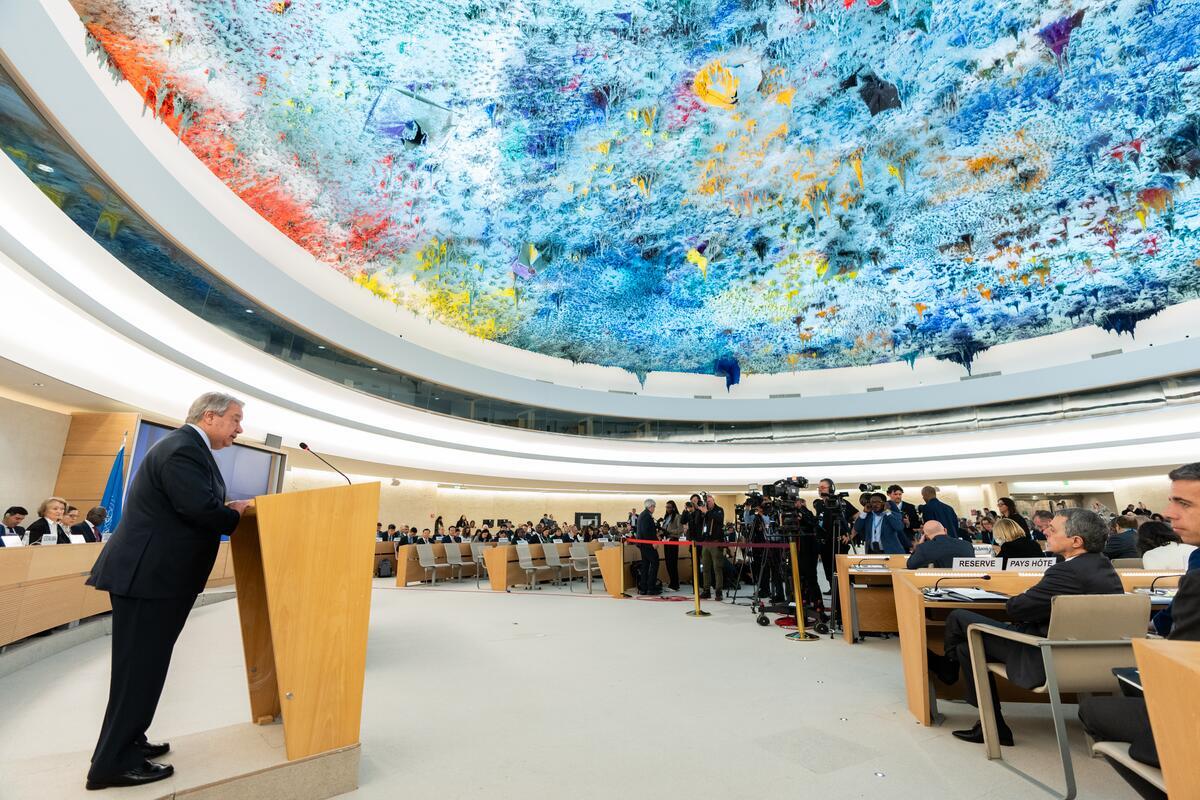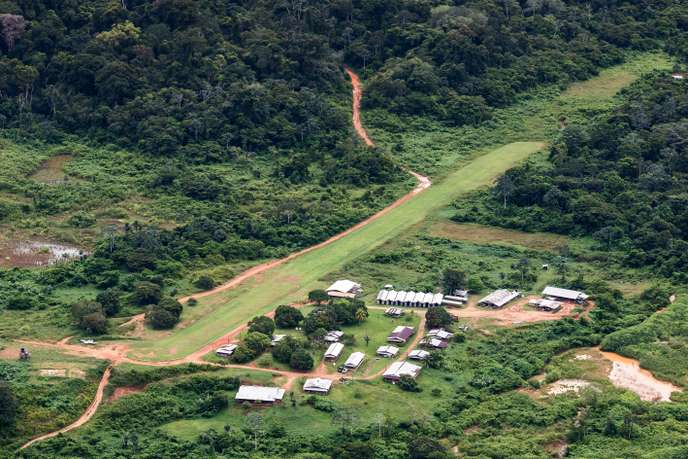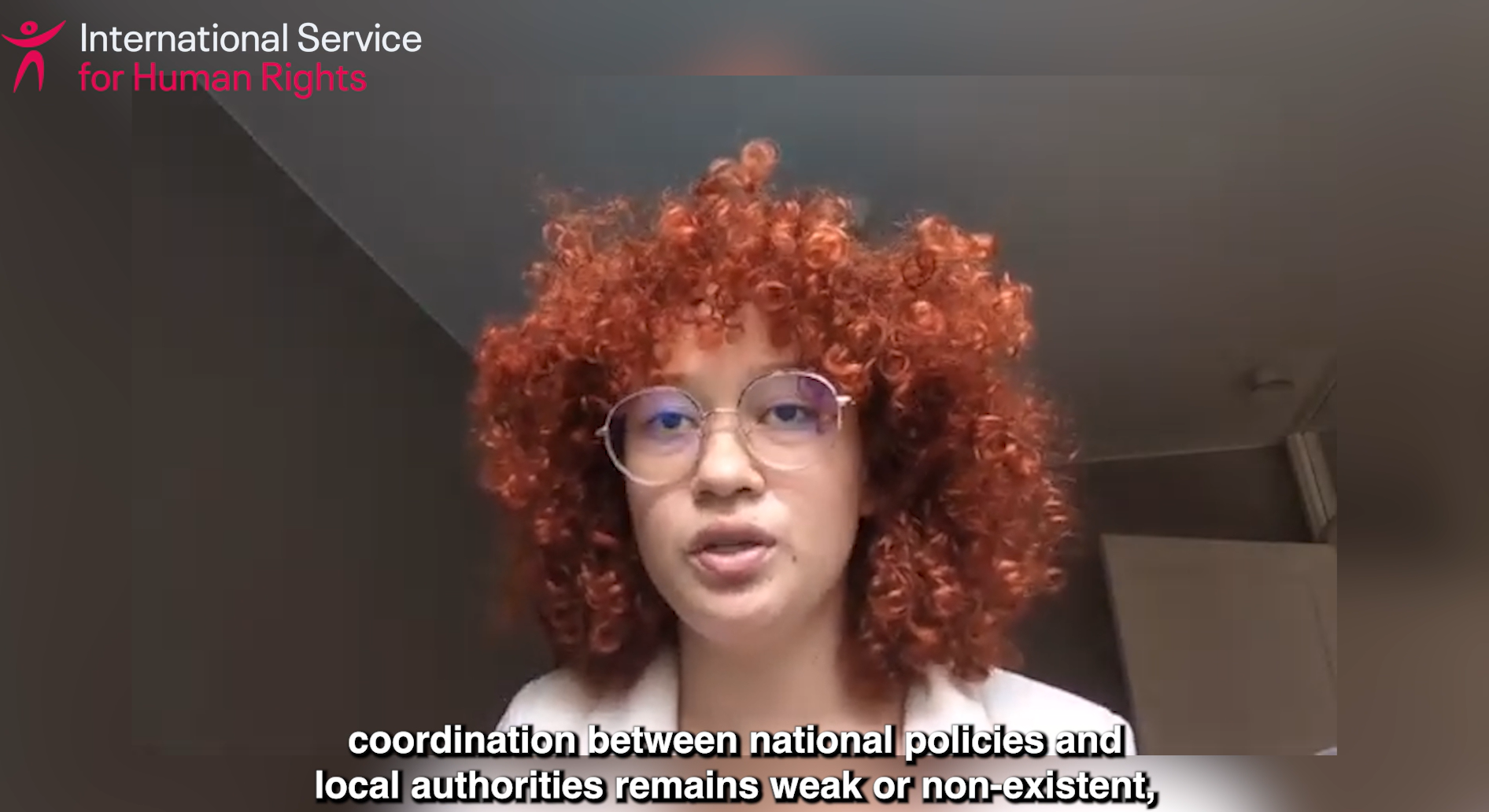The UN Committee on the Elimination of Racial Discrimination has just adopted an ‘early warning‘ asking France to secure the consent of the indigenous communities affected by the ‘Montagne d’Or’ mining project or suspend it. In a confidential decision adopted on 14 December and released today, the Committee calls on France to ‘ensure the right to consultation and free, prior and informed consent to all indigenous peoples affected by the Montagne d’Or project’ and ‘to consider the suspension’ of the project until such consent is obtained.
The move was prompted by a complaint lodged by the Organization of the Native Nations of Guiana (ONAG) with support from the International Service for Human Rights (ISHR). According to ONAG’s representative Alexandre Sommer-Schaechtele, the Committee’s decision constitutes a major step forward. ‘UN mechanisms and UN member States have taken note of France’s attitude on this matter. France has pledged to “make the planet great again”, yet it is prepared to proceed with projects of that sort. We indigenous peoples have expressed our opposition to this project as it directly affects our environment. Without our consent, the Montagne d’Or project must be withdrawn.’
This early warning is the first ever adopted by the Committee concerning a situation in France. Traditional and customary indigenous authorities in French Guiana have voiced their opposition and concerns with the direct and indirect impacts of the project on their environment. The mine would cover an area of more than 800 hectares in the heart of pre-Columbian remains considered sacred by indigenous peoples. According to France’s National Commission for Public Debate (CNDP), which undertook a large consultation process around the project in 2018, the perspective of indigenous peoples was often discredited in public debates.
‘France undertook to eliminate racial discrimination in 1971 by ratifying the International Convention,’ said Francisco Cali Tzay, a member of the UN Committee and a Maya Kaqchikel of Guatemala. ‘The lack of consideration given to the opposition of indigenous peoples to the Montagne d’Or project demonstrates that France must make further efforts to comply with the Convention.’
The Russian-Canadian consortium which leads the project announced in November 2018 ‘major changes’ that indigenous peoples and environmental protection groups such as the WWF immediately dismissed.
‘The opposition of indigenous communities affected by the mining project is pretty clear’ says ISHR’s Vincent Ploton. ‘As suggested by the Committee, the project could constitute a violation of the principle of free, prior, and informed consent which is both recognised and protected in international law, especially for indigenous peoples affected by mining projects on their land.’
Contact:




